صفحه انگلیسی روزنامه اعتماد در مورد دیپلماسی ایران در برجام + عکس
صفحه انگلیسی روزنامه اعتماد در مورد دیپلماسی درست ایران در برجام با تیتر «ایران به عنوان بازیگر مطلوب» منتشر شد.
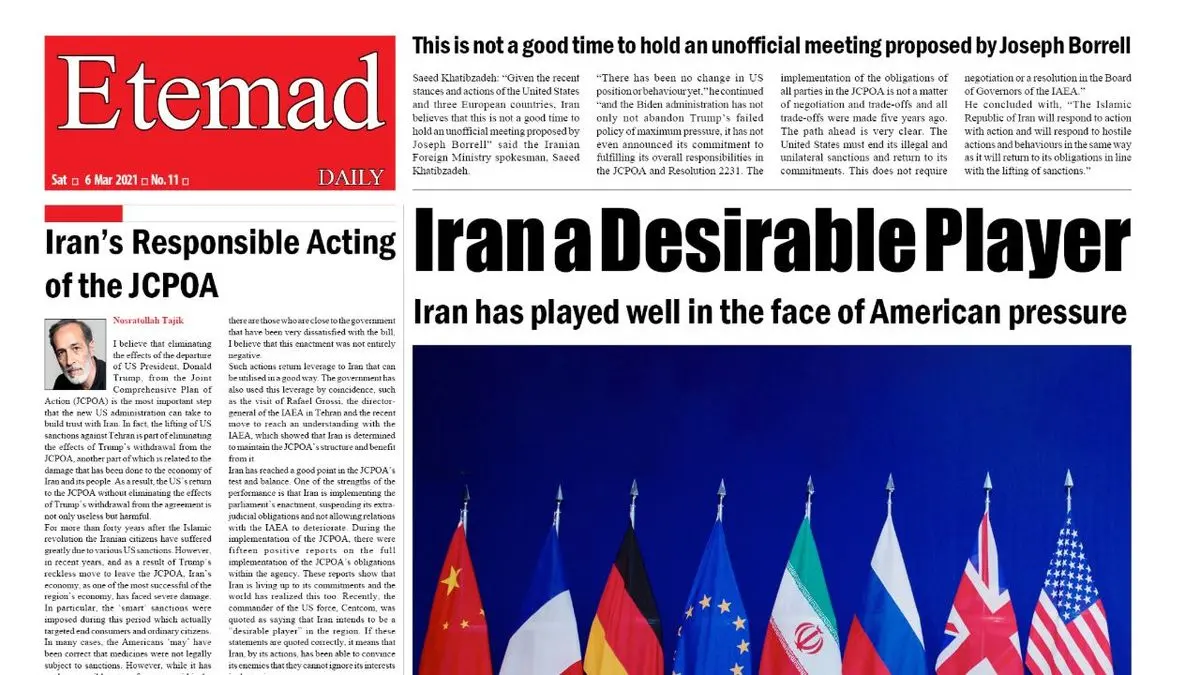
اعتمادآنلاین|
Iran a Desirable Player
Iran has played well in the face of American pressure
This is not a good time to hold an unofficial meeting proposed by Joseph Borrell
Saeed Khatibzadeh
"Given the recent stances and actions of the United States and three European countries, Iran believes that this is not a good time to hold an unofficial meeting proposed by Joseph Borrell" said the Iranian Foreign Ministry spokesman, Saeed Khatibzadeh.
"There has been no change in US position or behaviour yet," he continued "and the Biden administration has not only not abandon Trump's failed policy of maximum pressure, it has not even announced its commitment to fulfilling its overall responsibilities in the JCPOA and Resolution 2231. The implementation of the obligations of all parties in the JCPOA is not a matter of negotiation and trade-offs and all trade-offs were made five years ago. The path ahead is very clear. The United States must end its illegal and unilateral sanctions and return to its commitments. This does not require negotiation or a resolution in the Board of Governors of the IAEA."
He concluded with, "The Islamic Republic of Iran will respond to action with action and will respond to hostile actions and behaviours in the same way as it will return to its obligations in line with the lifting of sanctions."
Iran's Responsible Acting of the JCPOA
Nosratollah Tajik
I believe that eliminating the effects of the departure of US President, Donald Trump, from the Joint Comprehensive Plan of Action (JCPOA) is the most important step that the new US administration can take to build trust with Iran. In fact, the lifting of US sanctions against Tehran is part of eliminating the effects of Trump's withdrawal from the JCPOA, another part of which is related to the damage that has been done to the economy of Iran and its people. As a result, the US's return to the JCPOA without eliminating the effects of Trump's withdrawal from the agreement is not only useless but harmful.
For more than forty years after the Islamic revolution the Iranian citizens have suffered greatly due to various US sanctions. However, in recent years, and as a result of Trump's reckless move to leave the JCPOA, Iran's economy, as one of the most successful of the region's economy, has faced severe damage. In particular, the 'smart' sanctions were imposed during this period which actually targeted end consumers and ordinary citizens. In many cases, the Americans 'may' have been correct that medicines were not legally subject to sanctions. However, while it has not been possible to transfer money within the international financial system to buy medicines or in situations where pharmaceutical companies are afraid of trading with Iran, the Iranian pharmaceutical sector has almost completely been under US sanctions causing Iran great loss and suffering during this period, both financially and economically, as well as humanely and socially. As a result, compensating for these losses is a vital, necessary and important step to rebuild trust in Tehran.
In my opinion, not all of our problems relate to foreign policy and not all of our foreign policy problems relate to the JCPOA, but a part of the problem for Iran and its citizens are domestic obstacles. The occurrences of mismanagement, political issues, the political economy, the excessive dependence on oil, corruption and the decay of the country's administrative system, which is severely behind the changing conditions of today's Iranian society, are problems that must be resolved internally.
As a whole, Iran has acted appropriately with regards to the problems that relate back to the JCPOA. Perhaps one of the most notable criticisms over the years about the eleventh and twelfth governments have been that they had laid all their eggs in the foreign policy's basket, particularly in the case of the JCPOA. Whether the decision to focus on the JCPOA was made with the determination of the government or whether it was a trick, is a matter that needs to be considered separately. What happened in practice was that Iran's foreign policy was summarized to the JCPOA and no benefit was received from regional relations or bilateral relations with other countries.
Despite the fact that the government had an unbalanced focus on foreign policy, the reality was that, in general, and at least in the area of the JCPOA, the Iranian government had been able to play a good and vigilant role with two of its fundamental strategies in the JCPOA having been effective.
The first is that in the two and a half years since Donald Trump left the JCPOA, Iran has not allowed the US government to engage effectively in consensus against Iran. The Trump administration remained isolated in the wake of the JCPOA's withdrawal and the US allies refused to side with him. The second strategy was to make it clear to the international community that the JCPOA was acceptable to Iran, as long as it was beneficial to the country and its people. With these strategies, the country was able to move towards overcoming Trump's threat by January 2021. It must not be forgotten that last year Iran was on the brink of a full-scale war with the US. Whether the downing of a US spy drone in Iran's skies or the assassination of Iranian and Iraqi commanders in the fight against ISIS, both could have led to war if Iran had wanted to react more strongly. However, on the whole, the Iranian government acted appropriately and intelligently during the Trump era despite all the hardships and sufferings that were caused for the Iranian citizens.
There are now great potentials, both in foreign policy and at home. Domestic issues should certainly be analysed by the experts in this field but, as a foreign policy expert, it appears that the country has great manoeuvring power. One recent example of this power in Iranian foreign policy was the recent enactment of the Iranian parliament, entitled 'Strategic Action to Lift Sanctions'. While there are those who are close to the government that have been very dissatisfied with the bill, I believe that this enactment was not entirely negative.
Such actions return leverage to Iran that can be utilised in a good way. The government has also used this leverage by coincidence, such as the visit of Rafael Grossi, the director-general of the IAEA in Tehran and the recent move to reach an understanding with the IAEA, which showed that Iran is determined to maintain the JCPOA's structure and benefit from it.
Iran has reached a good point in the JCPOA's test and balance. One of the strengths of the performance is that Iran is implementing the parliament's enactment, suspending its extra-judicial obligations and not allowing relations with the IAEA to deteriorate. During the implementation of the JCPOA, there were fifteen positive reports on the full implementation of the JCPOA's obligations within the agency. These reports show that Iran is living up to its commitments and the world has realized this too. Recently, the commander of the US force, Centcom, was quoted as saying that Iran intends to be a "desirable player" in the region. If these statements are quoted correctly, it means that Iran, by its actions, has been able to convince its enemies that they cannot ignore its interests in the region.
Iran was born as a regional power and today it is the turn of other countries in the region together with other world powers to recognize this fact. What has made Iran confront and criticize the American performance in recent years has been because Washington does not intend to recognize Iran's regional power and does not want to give anything to Iran in return. The US's behaviour of withdrawing from the JCPOA and abruptly stopping the implementation Resolution 2231 was exactly the opposite of the reality occurring on the ground in the region Unfortunately, the Security Council did not react to the non-implementation of its resolution and simply ignored such actions whereas if a developing country had acted in violation of a resolution, instead of the US, it would certainly have been a different story.
So far it appears Iran has played well in the face of American pressure and the country is in a good position. Contrary to some commentators, today's Iran is not stuck in the ring-it is in a position where it can play well with its competitors.
In its agreement with the IAEA, Iran has implemented the parliamentary resolution as a countermeasure to reduce its obligations and suspend the voluntary implementation of the Additional Protocol, sending a message to the world that Iran does not seek to break all the norms. These rational and conscious actions has shown that Iran intends to be recognized as a responsible actor and appropriately assert its rights.
Hence, due to the structure of Joe Biden's government, I believe that Iran should try to use its existing capacities for direct interaction as relying on Europe and using the capacities of other countries, such as Qatar or Oman, is no longer effective. Messaging is an issue but attempting to solve the problems with the US, as a superior economic, political and military power in the world is a different matter. Today, Iran has the capacity to take direct engagement into account because, from a national security perspective, it is in its best interest to resolve issues with the US.
Confrontations with the US are reaching a point that is called a 'descending period'. In economics it is said that to produce a certain amount of capital, a certain level of manpower and raw materials are needed. If the volume of these variables increases significantly, the product does not necessarily increase. This process is called 'the descending period law'. Presently, the volume of confrontations between the US and Iran is increasing dramatically and inconclusively and, if the country were to continue this approach in the long run, Iran would lag behind its regional rivals. Unfortunately, the umbilical cord of the country's development model is connected to resolving issues between Iran and the US for whatever reason. As a result, it is necessary for Iran to maintain the JCPOA, as long as it is in the country's interest, and in order to resolve the issues with the US.
It is fair to say that Iranian citizens have the right to not be optimistic until they feel that the effects of Trump's departure from the JCPOA has been resolved. If the European invitation for dialogue between the remaining members of the JCPOA and the US is to be formal, Iran should not welcome such dialogue until the effects of the US withdrawal are fully resolved. However, if such a meeting is to be informal, Iran must seize the opportunity to present its legitimate demands to the other side.
The Way Back
Sasan Karimi
Due to the situation in Washington, and considering the Biden administration policies in the diplomatic arena, some expected the return of the US to the Joint Comprehensive Plan of Action (JCPOA), and the return to the Paris Climate Agreement, to take place quickly but with appropriate executive orders in the early days. However, as it turns out, the JCPOA has been like a fire for all sides of the game, which requires other equations because of the same sensitivities that prolonged its negotiations. Therefore, the process of this return, which requires not only a signature but also a series of effective measures from the parties, is proceeding slowly and faces many obstacles.
The US government faces various obstacles in effectively returning to the JCPOA and lift the sanctions against Iran:
Domestic politics: Given the political structure of the US and the need by Congress for the approval of many senior individuals in the new administration, as well as the sensitivity of the JCPOA amongst the vast majority of Republicans and some Democrats, the immediate return to the JCPOA and engaging with Iran could pose a real problem for the Biden administration from the outset in verifying the qualifications of individuals. As such, Biden and his first circle have tried to keep the matter suspended until they crossed this path.
Regional politics: It is clear that the two regional partners of the US-Israel and Saudi Arabia-are doing their best to keep Iran in the corner and stop Biden returning to the JCPOA. Admittedly, the new Washington Democrat administration's treatment of the two partners is a clear example of the growing distance between the US and these two countries. But, in any case, the direct and indirect pressures of these two actors and their lobbies in the US and Europe on the Biden administration cannot be ruled out.
Moreover, political calculations require that Biden, as a professional politician, uses his leverage to some extent. Thus, further contemplation on the lifting of sanctions on Iran not only seems a rational move that helps Biden to justify these possible next steps but could also be a bigger propaganda campaign for him in reaching an agreement with Iran. On the other hand, Iran is trying to both dissuade Biden and his team from any new request to return to the JCPOA and speed them up in lifting the sanctions by increasing Biden's political costs in this delay and increasing the energy of this system. Although the second goal has been more or less achieved, the first one has been fully realized as no rumours have been heard of any new conditions proposed by Biden and his team.
However, what can be seen today in Iran and the US as the two main players in the game is that the governments in both countries have somewhat similar conditions; both have sufficient incentive to return to the JCPOA and fulfill their commitments because in addition to formal issues, they consider this agreement to be the achievement of their political line. Meanwhile, both countries face internal obstacles from their opponents regarding the agreement, primarily their political opponents, as both are worried about the fate of the unilateral implementation of the agreement and the reproduction of the issues from the other side that could endanger their domestic politics.
Despite some speculation and pessimism, what has been seen over the past few weeks is the political will of both sides to return to the agreement without any preconditions. Moreover, by considering the actions and positions of both parties, which sometimes has an internal audience and sometimes an external one, their political will can be found more clearly among their sub-actions. In fact, although the US government has taken a lesser stance towards Iran and only spoken for a while about taking a position on fulfilling its obligations, the indirect actions of the new administration in Washington seems to illustrate more than its direct statements. For example, increasing its distance from Israel and prioritizing contact with Netanyahu, which is at the bottom of the list, was not meaningless neither was taking a stand in the Yemeni war by removing the Houthis from the list of terrorists and isolating Saudi Arabia. Avoiding haste on issues such as the Additional Protocol that has arisen in Iran and taking small and more symbolic steps is a better approach, such as withdrawing the failed trigger claim from the UN, the lifting of restrictions on the Iranian delegation in New York and trying to reconcile ways and marginal negotiations, shown with the exchange of prisoners and reducing pressure on debtors to Iran to pay their arrears.
Meanwhile, despite the increased energy of the system, the Iranian government has been able to prevent the escalation of tensions and the 'demolishing of what has not yet been built', the most important of which was Iran's agreement with the International Atomic Energy Agency (IAEA) to cancel the implementation of the Additional Protocol. This action prevented a sharp increase in Iran's political spending: "This agreement was a classic example of an important lesson in diplomacy, which is to create an option instead of choosing between the available options."
In such circumstances, in terms of political planning, the first step is to avoid escalating tensions and the other is that in no way should a consensus be formed between the US, Europe, China and Russia against Iran, which is what happened in the years 2005-2011. For this purpose, in return for the US's ineffective but politically motivated concessions, as cited symbolic concessions should be offered to the other side to show goodwill and flexibility. The current situation of the JCPOA is similar to an event in the second half of 2015 when the agreement was not yet implemented and negotiations were only held to implement the agreement in January 2016. It seems that, currently, despite the political will of all parties to implement the JCPOA there is more distrust, especially from the Iranian side.
As the principles are the only elements that must not be breached, any possibility and solution that does not contradict the principled positions and the interests of the country are necessary to be used, albeit rationally. It is far from realistic to merely wait for matters to move in a direction that is desirable to Iran and its citizens as this can only make the situation more complicated.

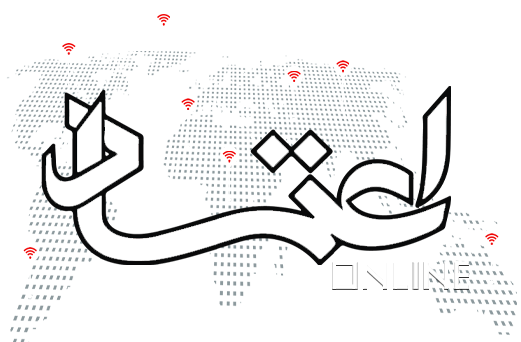





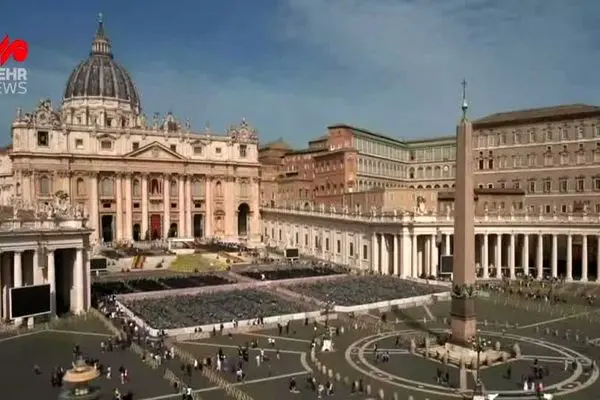
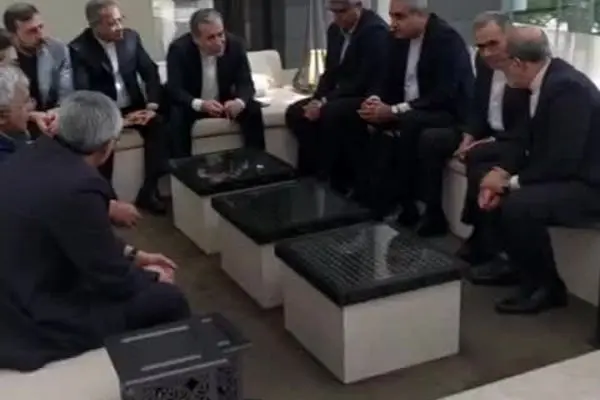
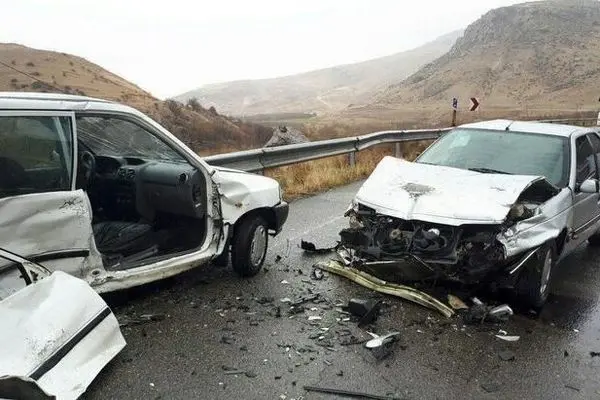

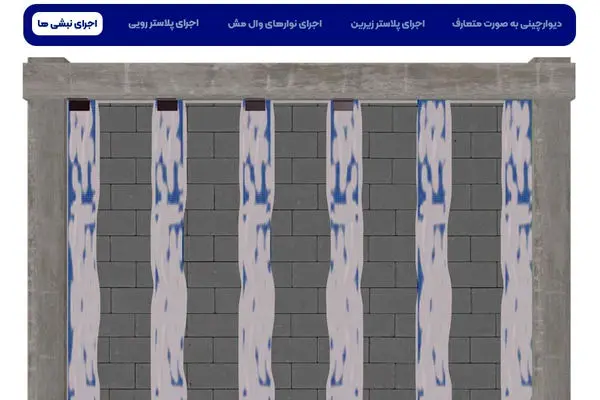



دیدگاه تان را بنویسید